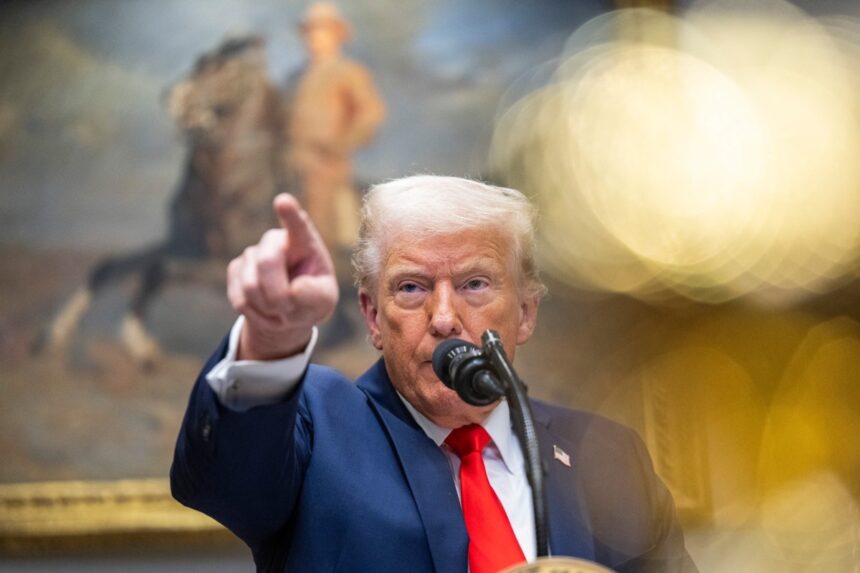Former U.S. President Donald Trump has signed a proclamation introducing a new \$100,000 annual visa fee for highly skilled foreign workers under the H-1B program and unveiled a \$1 million “gold card” visa as a pathway to U.S. citizenship for wealthy individuals — moves that are expected to face intense legal challenges.If upheld, the policy would drastically raise costs: H-1B visa fees would surge from \$215 to \$100,000 annually, while investor visa fees would jump from \$10,000–\$20,000 to \$1 million. A new “Trump Platinum Card” priced at \$5 million would also allow foreigners to spend up to 270 days in the U.S. without being taxed on overseas income.
Commerce Secretary Howard Lutnick said the changes will likely reduce H-1B visa numbers, currently capped at 85,000 annually, because “it’s just not economic anymore.” He emphasized that the policy would push companies to train more Americans instead of relying on cheaper foreign labor.
Critics, however, argue the policy is unlawful. Doug Rand, a former USCIS official, described the plan as “fan service for immigration restrictionists” designed more for headlines than actual policy. Major tech firms such as Amazon, Google, Apple, and Microsoft — top H-1B recipients — have yet to issue formal statements, though analysts expect strong resistance.
Supporters of the move, including U.S. Tech Workers, applauded it as “the next best thing” to eliminating H-1Bs altogether, claiming the visas depress wages and are often misused by outsourcing firms like Infosys, Wipro, Tata, and Cognizant.The initiative also replaces employment-based visas previously available to professors, scientists, artists, and athletes. Trump maintains the policy will prioritize American workers and reward companies willing to pay premium fees for top talent.
The plan comes after a steep 40% drop in H-1B lottery bids in 2024, following a crackdown on fraudulent multiple applications. While Trump could impose some visa fees and rules by proclamation, the platinum visa program requires congressional approval, raising further questions about its survival in court and in Congress.











